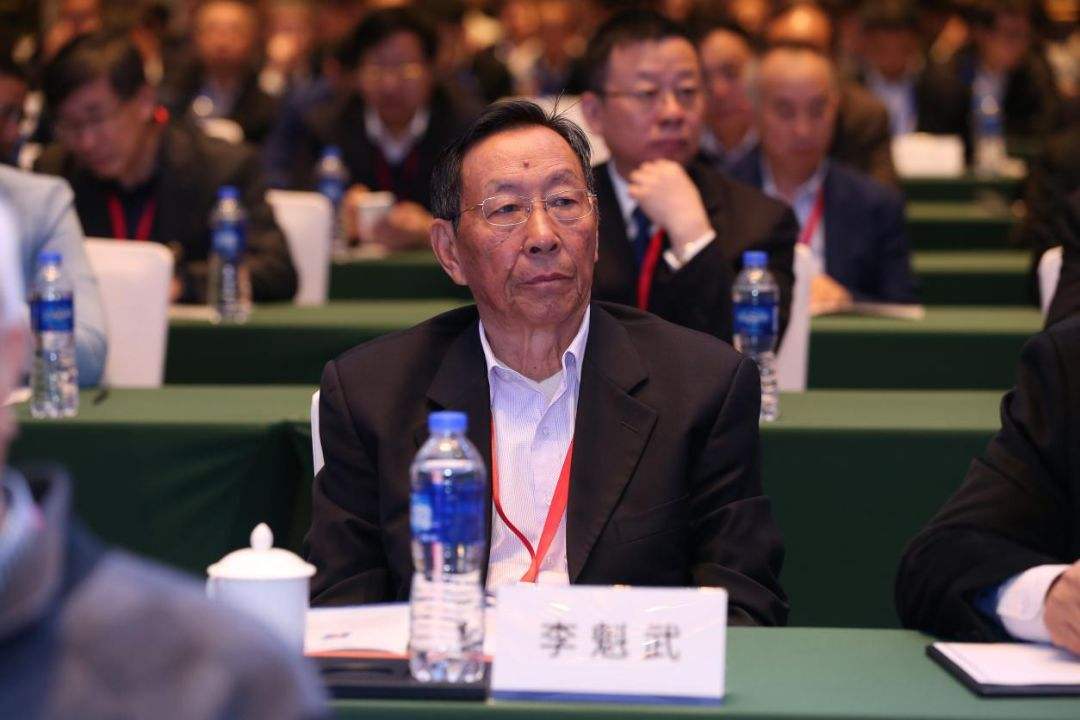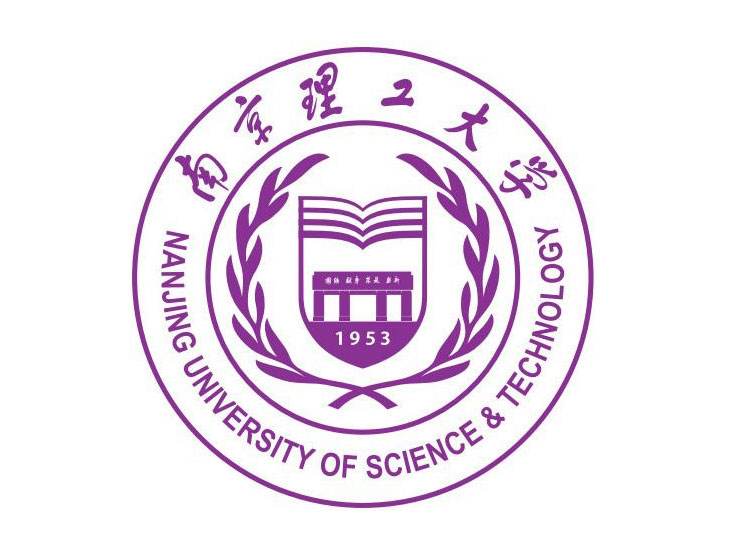
Overview
Chinese Name: 南京理工大学
English Name: Nanjing University of Science and Technology
Abbreviation: 南理工(Nan Ligong); NJUST
Established: 1953
Location: Nanjing
Website: https://english.njust.www.cn/
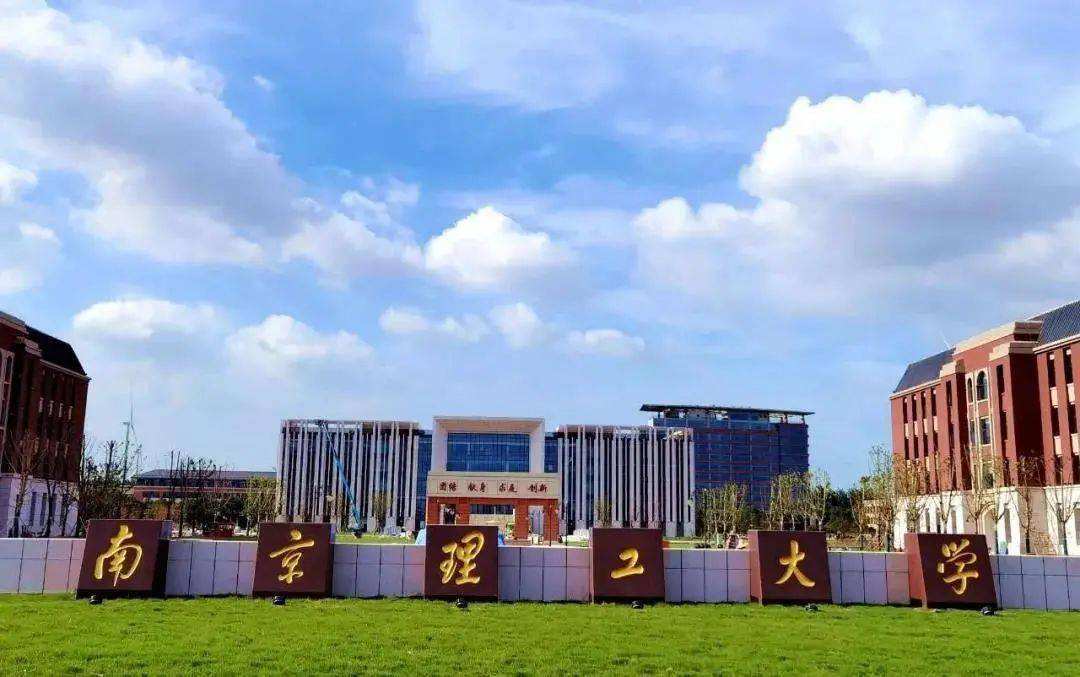
Brief introduction of Nanjing University of Science and Technology
Nanjing University of Science and Technology was built by the Military Engineering College of the Chinese people’s Liberation Army, which was founded in 1953.
It has experienced the development stages of Artillery Engineering College, East China Engineering College, East China Institute of technology, and so on. In 1993, it was renamed Nanjing University of technology.
As of March 2022, the school has a Nanjing campus, Jiangyin campus, and Xuyi Campus (Preparatory).
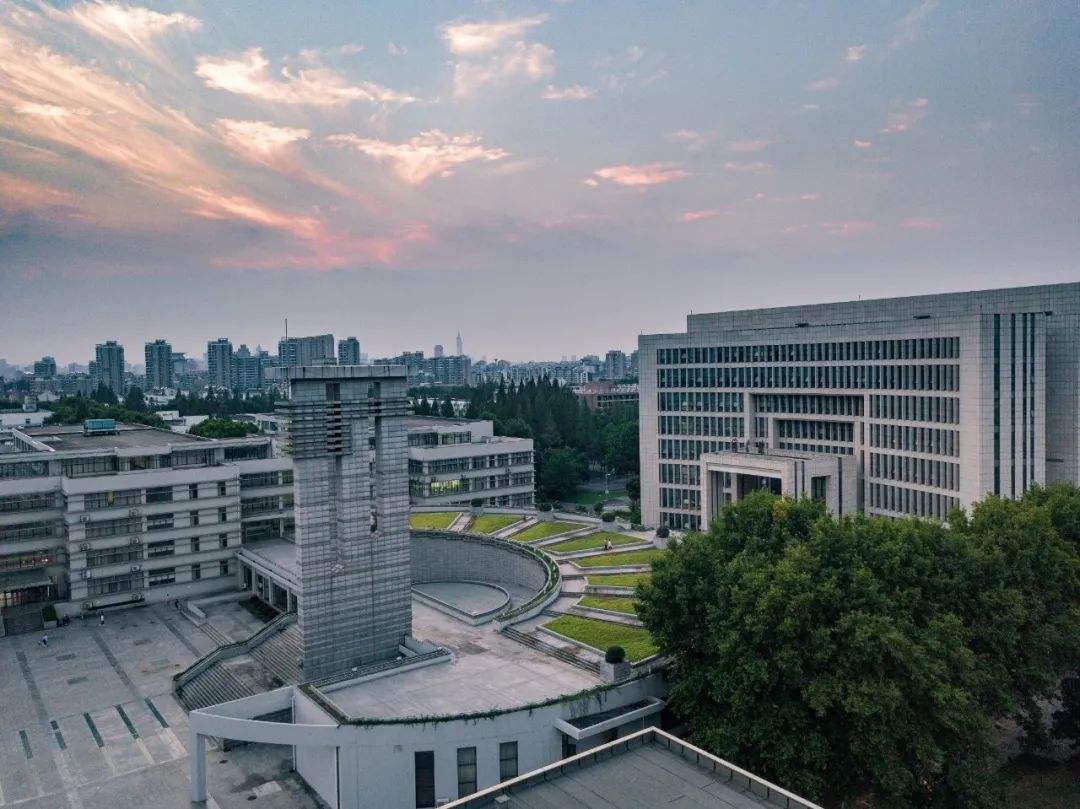
As of April 2019, Nanjing University of Science and Technology has set up the school of mechanical engineering, the school of chemical engineering, the school of electronic engineering and optoelectronic technology, the school of computer science and engineering, the school of economic management, the school of energy and power engineering, the school of automation, the school of Science, the school of foreign languages, the school of public affairs, the school of Marxism, the school of materials science and Engineering / Gretel Institute, the school of environment and Bioengineering, the school of design art and media.
There are 15 professional colleges such as Intellectual Property Institute, as well as Qian Xuesen college, China France Institute of engineers, International Education College, innovation and Entrepreneurship Education College, and continuing education college, and jointly established two independent colleges, Zijin College of Nanjing University of technology and Taizhou Academy of science and technology of Nanjing University of technology.
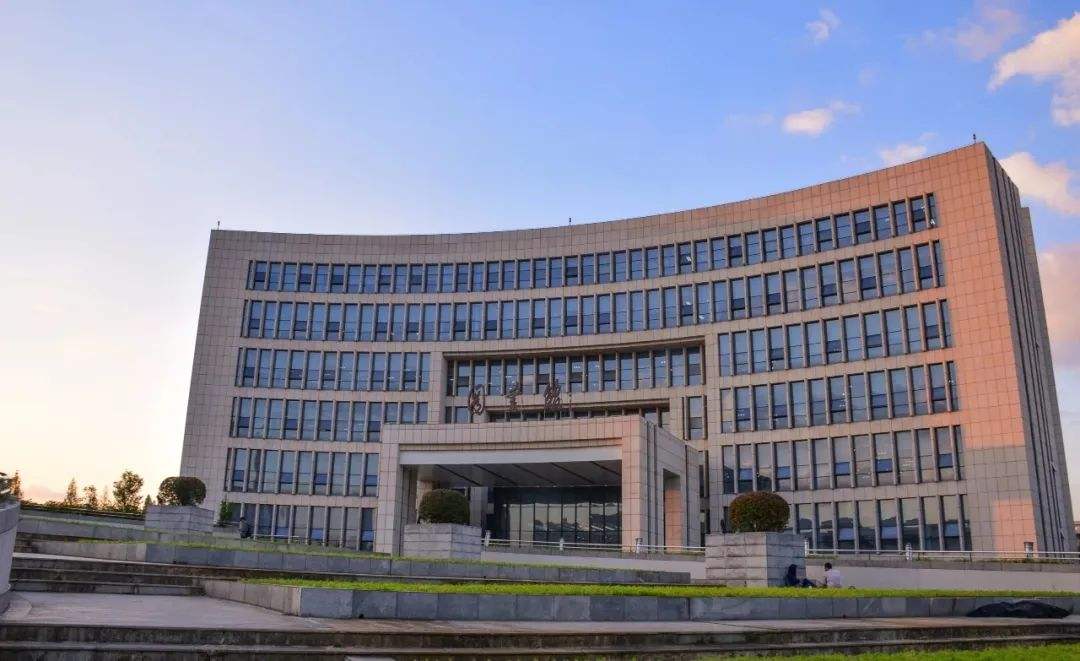
As of April 2020, the university has four disciplines: Engineering, chemistry, material science, and computer science, which have entered the world’s top 1% in the field of ESI International disciplines, among which engineering has entered the top 1 ‰.
The school has 9 national key disciplines, 6 advantageous disciplines in Jiangsu Province, 9 key disciplines in Jiangsu Province, 9 key disciplines of the Ministry of industry and information technology, and 10 national defense characteristic disciplines; There are 9 national characteristic majors, 13 pilot majors of the excellent engineer training program of the Ministry of education, 12 key majors in Jiangsu Province (covering 38 undergraduate majors), and 6 brand majors in Jiangsu Province.
On December 28, 2017, the academic degree and graduate education development center of the Ministry of Education announced the results of the fourth round of national discipline evaluation, and the University’s weapons science and technology discipline ranked first (A+).
Education Achivements and Rankings
As of April 2020, the university has 16 first-class discipline post-doctoral stations, 18 first-class discipline doctoral degree authorization points, 50 second-class discipline points authorized for a doctoral degree, 30 first-class discipline master’s degree authorization points, and 117 second-class discipline points authorized for master’s degree.
It has 12 professional degree-awarding points, including master of finance, master of international business, master of social work, master of translation, master of engineering, master of Business Administration (MBA), Master of Public Administration (MPA), master of accounting, master of Library and information, master of engineering management, master of law, master of sports, among which master of Engineering covers 27 engineering fields.
It has the right to confer Master of Business Administration (EMBA) to senior managers. It has the right of on-the-job personnel to apply for the conferment of doctor’s and master’s degrees with the same academic strength, as well as the enrollment right of foreign students and students from Hong Kong, Macao, and Taiwan.

As of March 2022, since the 13th five-year plan, 213 science and technology awards at the provincial and ministerial level and above have been obtained, including 17 national science and Technology Awards (1 national highest science and technology award, 1 International Science and Technology Cooperation Award, 1 first prize of the National Technology Invention Award, 3 first prizes of the national science and technology progress award, 2-second prizes of the National Natural Science Award, 6-second prizes of the National Technology Invention Award, and 3-second prizes of the national science and Technology Progress Award), Achieve full coverage of five major awards.
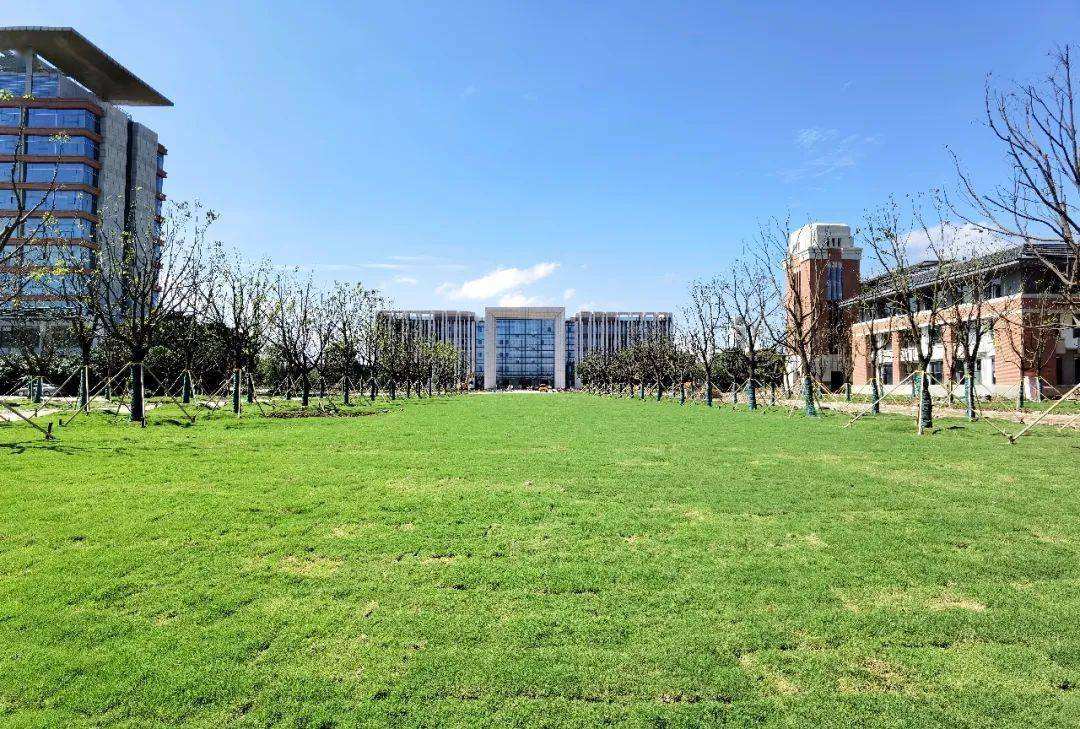
As of 2021, the Times Higher Education World University Rankings ranked Nanjing University of Science and Technology 301th-400th in the world and 37th in China.
The U.S. News & World Report ranked Nanjing University of Science and Technology 537th in the world.
QS World University Rankings ranked Nanjing University of Science and Technology 601th-650th in the world and 2nd in Asia.
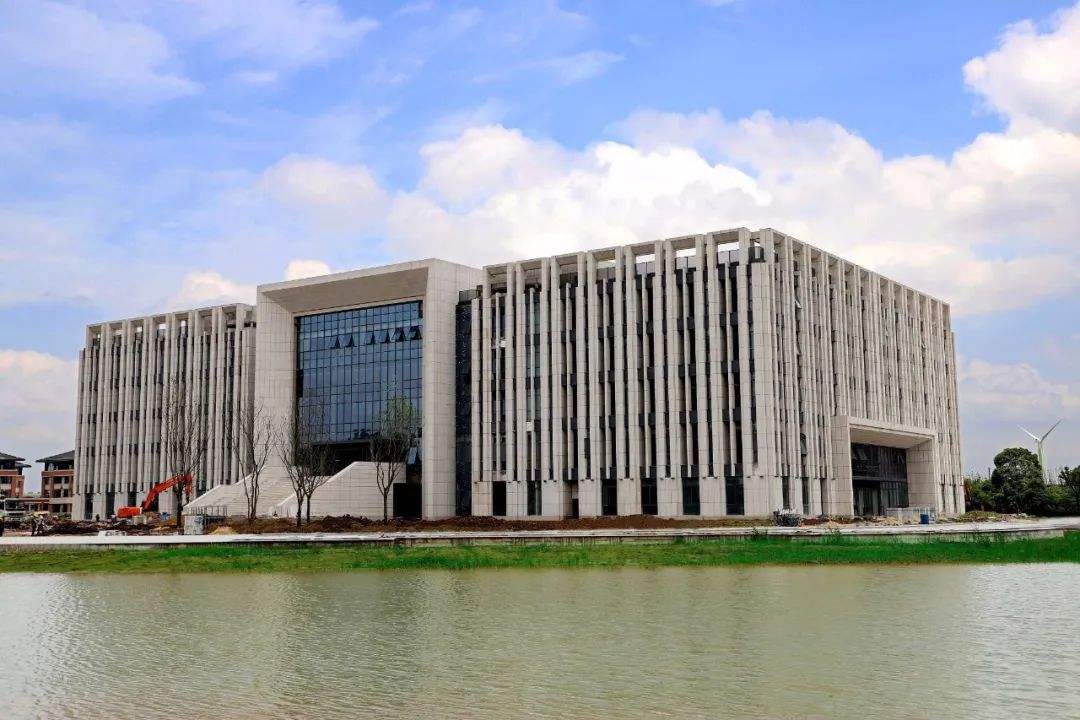
In order to promote the internationalization of education, Nanjing University of technology has established close cooperative relations with more than 100 overseas universities, including world-class universities, and carried out various exchanges and cooperation. With the approval of the Ministry of education of the people’s Republic of China, it has held a Sino foreign cooperative school running project with Carnegie Mellon University in the United States to cultivate master’s students majoring in robotics; It has signed joint talent training agreements with more than 30 overseas well-known universities such as Germany’s Munich University of technology, and annually sends more than 300 students to overseas for short-term study and exchange or to study for degrees.
Famous Alumni
Ren Xinmin任新民, an academician of the Chinese Academy of Sciences, is the winner of the highest honorary award for China’s space industry in the past 50 years. As the technical director of the carrier rocket, he led the launch of China’s first man-made satellite; He once served as the chief designer of six large aerospace projects, including experimental satellite communications, practical satellite communications, Feng Yun-1 meteorological satellite, and the launch of foreign satellites, and presided over the development and launch work. It is one of the founding fathers of the “Two Bombs, One Satellite“两弹一星 and one of the “four veterans of China’s aerospace industry”.

Li Hongzhi李鸿志, an academician of the Chinese Academy of Engineering, has been engaged in national defense scientific research and teaching for a long time. He has established the discipline of intermediate ballistics, the theoretical system, and the related transient flow field measurement and calculation methods, and opened up a new field of “ultra-high-speed electrothermal launch technology”. The main research fields are aerodynamics and related disciplines – ballistics, high-speed launch technology, and industrial blasting disaster mechanics.
